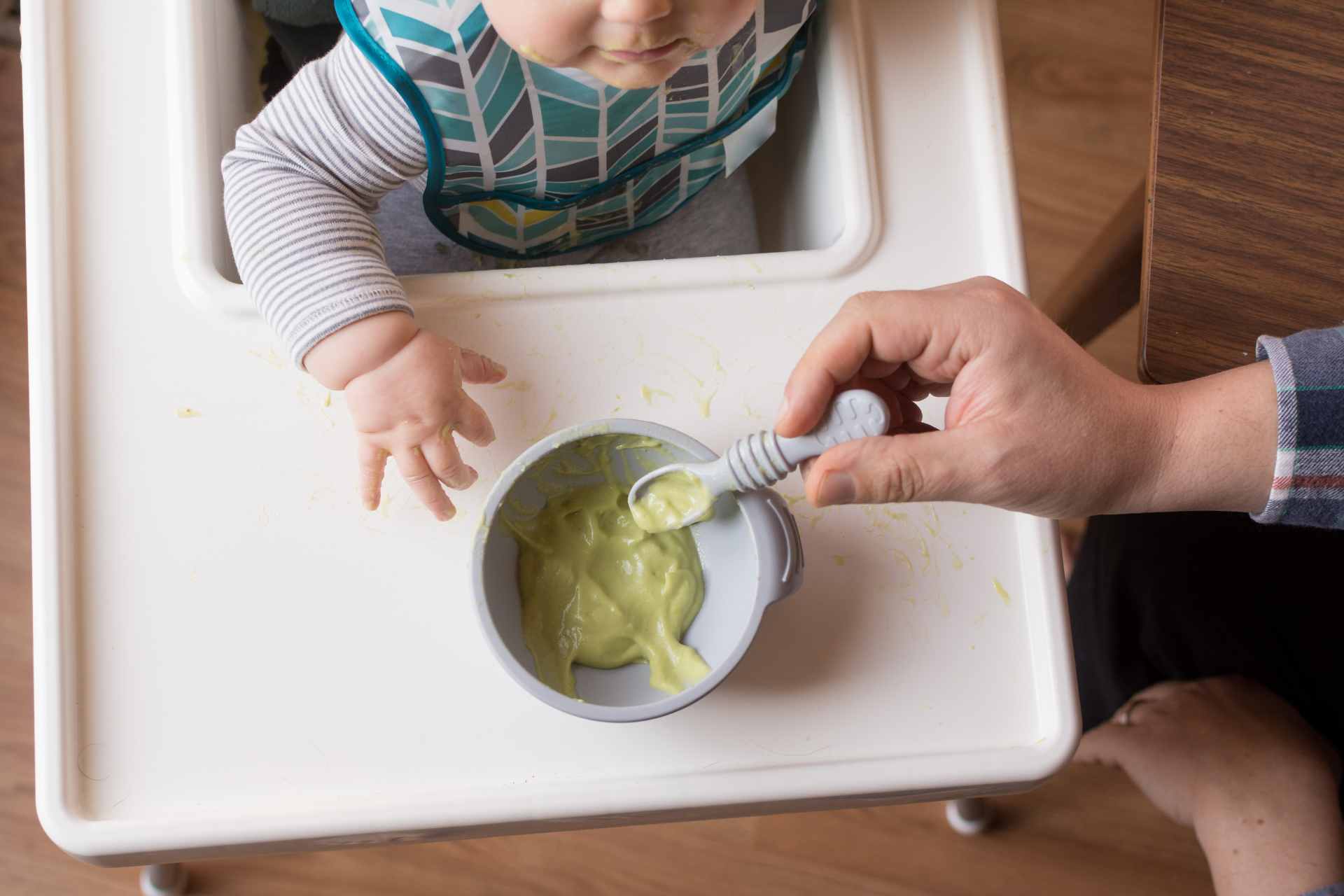What is already known
Alterations of the composition of the gut microbiota during weaning have been linked to an increased risk of autoimmune diseases, allergies and obesity. Scientists have known that inhibiting a vigorous immune response induced by the gut microbiota at weaning — the so-called “weaning reaction” — leads to long-term problems in inflammatory responses and gut-barrier. However, it’s unclear how the pre-weaning microbiota supports immune system development.
What this research adds
Researchers have found that blocking the maturation of the microbiota during weaning inhibits immune system development in mice and increases the animals’ susceptibility to gut infection. Compared to controls, mice with an immature microbiota show fewer hallmarks of microbiota-induced immune system development and are more susceptible to Salmonella infections, which typically occur in young mice and children.
Conclusions
The study shows that microbiota maturation during weaning contributes to normal immune development and protection from infection. The findings could help design microbial-based therapies to improve immune development in young children.
Alterations of the gut microbiota composition during weaning have been linked to an increased risk of autoimmune diseases, allergies and obesity. Now, working in mice, researchers have found that blocking the maturation of the gut microbiota inhibits immune system development and the ability to fight gut infection.
The findings, published in Cell Host & Microbe, could help design microbial-based therapies to improve immune development in young children.
Scientists have known that at weaning, gut microbes induce a vigorous immune response characterized by the activation of a specific population of immune cells, called regulatory T cells (Tregs), and the expression of inflammatory cytokines in the gut.
Inhibiting this so-called “weaning reaction” leads to long-term problems in inflammatory responses and gut-barrier. However, it’s unclear how the pre-weaning microbiota supports immune system development.
To address this question, researchers led by Paul Planet and Michael Silverman at the University of Pennsylvania developed and studied a mouse model that mirrors the early-life human microbiota.
Locked-in microbiota
The researchers designed a consortium of nine microbial families, including Bacilli, Enterobacteriaceae and Clostridiaceae, that they dubbed Pediatric Community. This group of microbes represents more than 90% of the microbial species present in the gut of human infants before weaning.
In mice, the Pediatric Community was transmitted from mothers to pups and maintained a pre-weaning composition through the weaning period into adulthood, the researchers found.
Compared to control mice whose microbiota composition changed during weaning, pups with an unchanged, or ‘locked-in’, microbiota had fewer Treg cells and less Immonoglobulin A, an antibody that plays a key role in the immune function of mucous membranes.
Pre-weaning microbiota model
Compared to controls, mice with the Pediatric Community microbiota did not only show fewer hallmarks of microbiota-induced immune system development, they were also more susceptible to Salmonella infection, with 100% mortality occurring within three days. Salmonella infections typically occur in young mice and children and are a leading cause of pediatric mortality.
Adding adult-associated microbial species to mice with Pediatric Community microbes led to increases in beneficial microbial metabolites such as short-chain fatty acids. It also restored the normal development of Treg cells, the researchers found.
The study shows that the Pediatric Community bacterial consortium can be used as a model for studying the pre-weaning microbiota, the team says.
“[The consortium’s] resistance to weaning-associated microbial shifts and stunted immune system maturation allows it to serve as a model to elucidate the specific components of the developing immune system that require transitions from a pre-weaning to an adult-associated microbiome,” the authors say. “Accurate modeling of the pre-weaning microbiome provides an exciting opportunity to design microbial interventions at weaning to improve immune system development and long-term health.”









